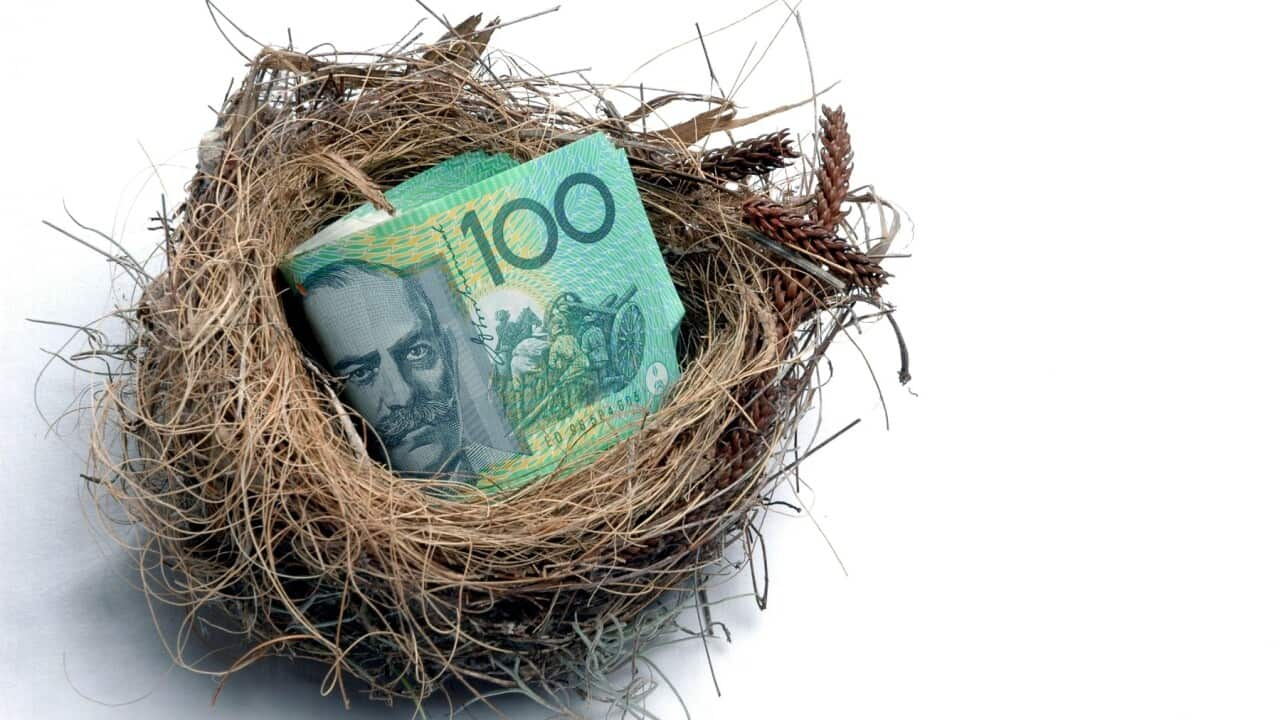Highlights
- Members of an SMSF are usually also the trustees.
- There are certain things you need to consider such as your age and how much you have in your super.
- An SMSF can be very risky. There are less complicated options.
'May PERAan' is SBS Filipino's new podcast series which features financial experts seeking to answer the most common questions about money and finances.
According to financial expert Maria Papa, "Self-Managed Super Fund or SMSF is best for business owners, but can be complicated for others. If you're not investment-savvy, it might not be a good idea.
However, if you have your heart set on it, Maria shares there are certain things you need to consider.
Listen to the podcast
'
What is an SMSF?
"You have control over a Self-Managed Super Fund (SMSF) and how your money is invested for your retirement," Maria shares.
Maria explains that you can opt to invest in shares or properties.
What you need to consider
1. Age
"If you're nearing retiring age, and are about to get your aged pension, you can combine both for your retirement," she shares, adding, "But because of age, you don't have much time to draw from your super and invest into a long-term investment such as propety."
2. Amount needed
The amount to set up an SMSF will typically cost 5,000 AUD. There are also ongoing costs, such as filing tax returns which costs 1,500 AUD a year.
"If you only have around 300,000 AUD in your super, an SMSF isn't worth it."
3. People you invest with
While most people go into SMSF with family, be careful going into it with people you don't know or trust.
"Ask if the people you invest with have your best interest or they just want to line their pockets," Maria shares, adding, "I've seen a lot of my clients whose accountants sold them properties and acted as real estate agent and the investments didn't go very well."
Other less complicated options
Maria shares there are less complicated, less risky options to SMSF:
1. Explore with your super provider your transition to retirement. In this case, you pay less tax and put more money into your super.
2. Invest indirectly to properties through your super. It is best to consult with the financial planner of your provider to see if you can invest in properties as well.
Disclaimer: This article is for general information only. For specific financial advice, you should consider seeking independent legal, financial, taxation or other advice to check how the information here relates to your unique circumstances.


